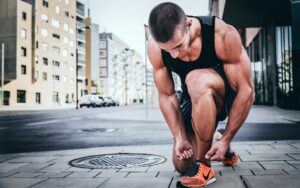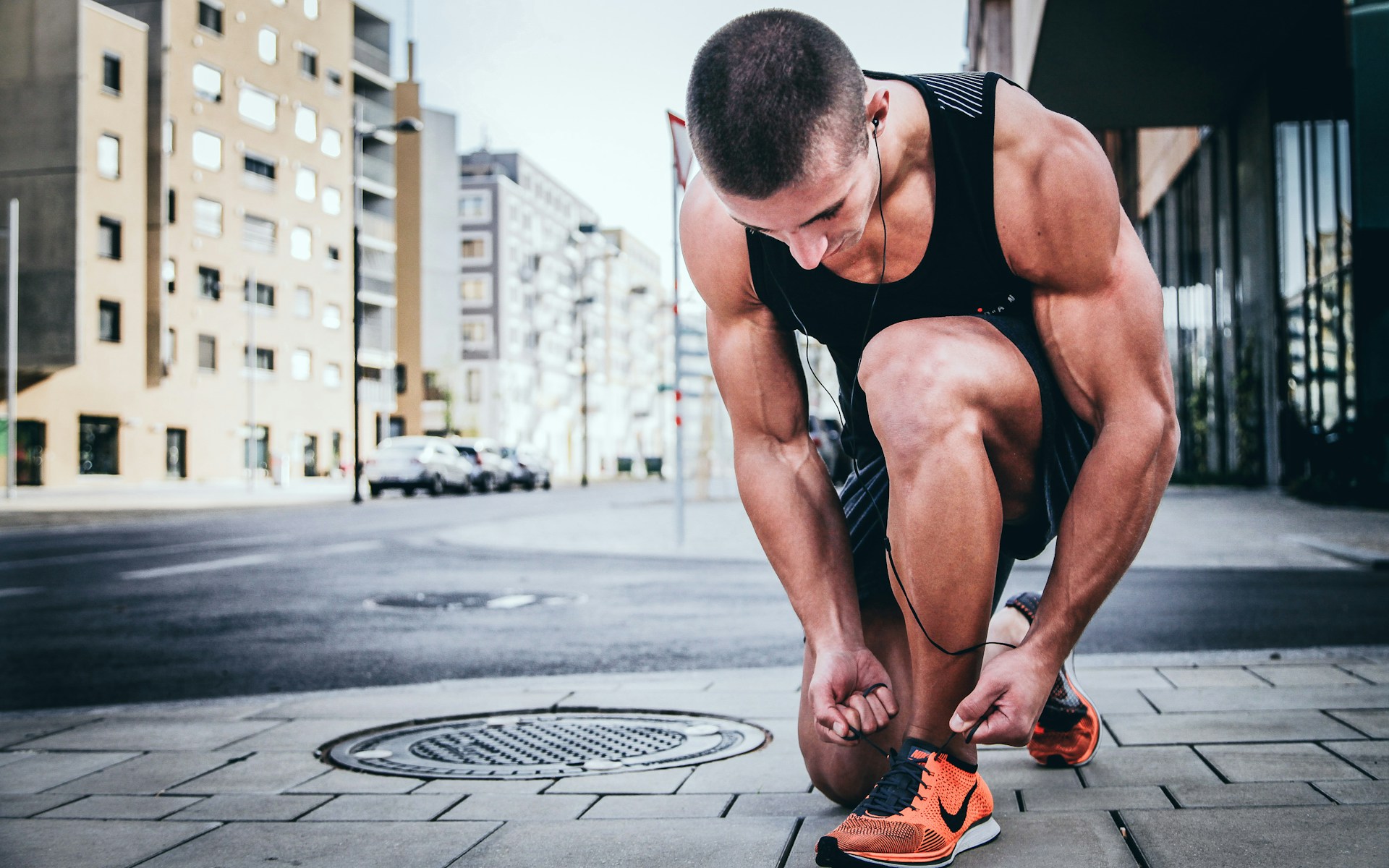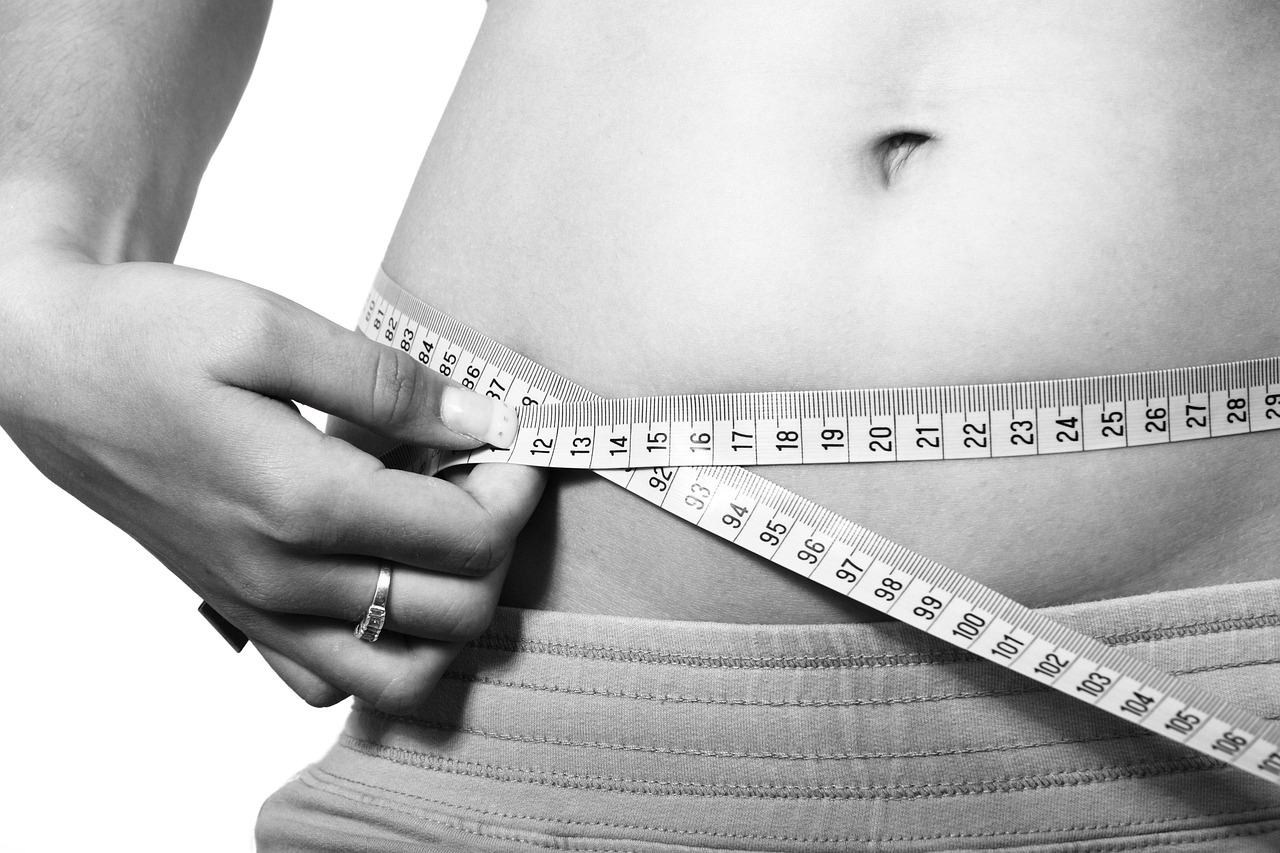Vitamins and Minerals That the Body Needs Most After Exercise
Exercise is one of the best ways to live a healthy and active life. But have you ever thought that exercise is only half the job? The other half is your diet.
Here’s a completely wrong way of thinking: If you want to lose weight, you shouldn’t eat after exercising because you’ve exercised for nothing.
Imagine that your body after exercise is like a sponge. Everything you consume will directly affect your bottom line.
Regardless of whether you exercise to lose weight or to shape your body, after exercise the body has an increased need for vitamins and minerals.
After each workout, the body looks for ways to recover, relax tense muscles, and to recharge the batteries so that it can get back into action later.

Consuming the following vitamins and minerals will speed up that process:
Vitamin C
- Improves muscle strength
By taking vitamin C, your body can repair muscle fiber damage caused by exercise.
- Reduces oxidative stress
Combining vitamins C and E helps reduce oxidative stress, which can otherwise lead to chronic fatigue and inflammation.
- It heals the tissues
All of your muscles are connected by connective tissue, which is mainly made up of collagen. Taking vitamin C along with other amino acids helps in the formation of collagen, which contributes to tissue healing.
- It relieves muscle inflammation
Exertion during training can lead to inflammation and pain in your muscles, interfering with your exercise routine. To prevent this from happening, supplement the deficiency with vitamin C and vitamin E, which have been proven to reduce inflammation and muscle pain.
- Reduces cortisol
Long training increases the secretion of cortisol. Elevated cortisol levels can cause muscle breakdown. Vitamin C can significantly help reduce cortisol after a workout.
Which foods are rich in vitamin C?
- Orange
- Strawberries
- Citron
- Broccoli
- Parsley
- Tomato
- Cauliflower
Vitamin B12
- It regulates the functioning of the central nervous and cardiovascular system.
- Improves mood.
- Regulates energy levels.
- It regulates the work of the heart.
- It helps in the digestion of food.
Which foods are rich in vitamin B12?
- Meat (chicken, pork, beef)
- Fish (salmon, sardine, trout, tuna)
- Tofu
Vitamin D
- Improves the functioning of the immune system.
- It strengthens the bones.
- Helps for proper muscle function.
Which foods are rich in vitamin D?
- Fish (sardines, herring, and salmon)
- Liver
- Egg yolks
- Mushrooms
- Spinach
Zinc
- Converts protein into muscle mass.
- It helps in the healing of skin wounds.
- It helps maintain a healthy immune and defense system.
Which foods are rich in zinc?
- Meat
- Pumpkin seeds, sunflower seeds, sesame seeds, flax seeds
- Nuts
- Peas
- Spinach
- Beans
- Broccoli
- Mushrooms
Selene
- It has an antioxidant effect on the body.
- It neutralizes the effect of viruses.
- It improves the condition of the liver.
- It helps in reducing the inflammatory reactions of the body.
What foods are rich in selenium?
- Chicken meat
- Pork
- Brazil nuts
- Eggs
- Brown rice
- Beans
- Milk
- Yogurt
- Bananas














Post Comment